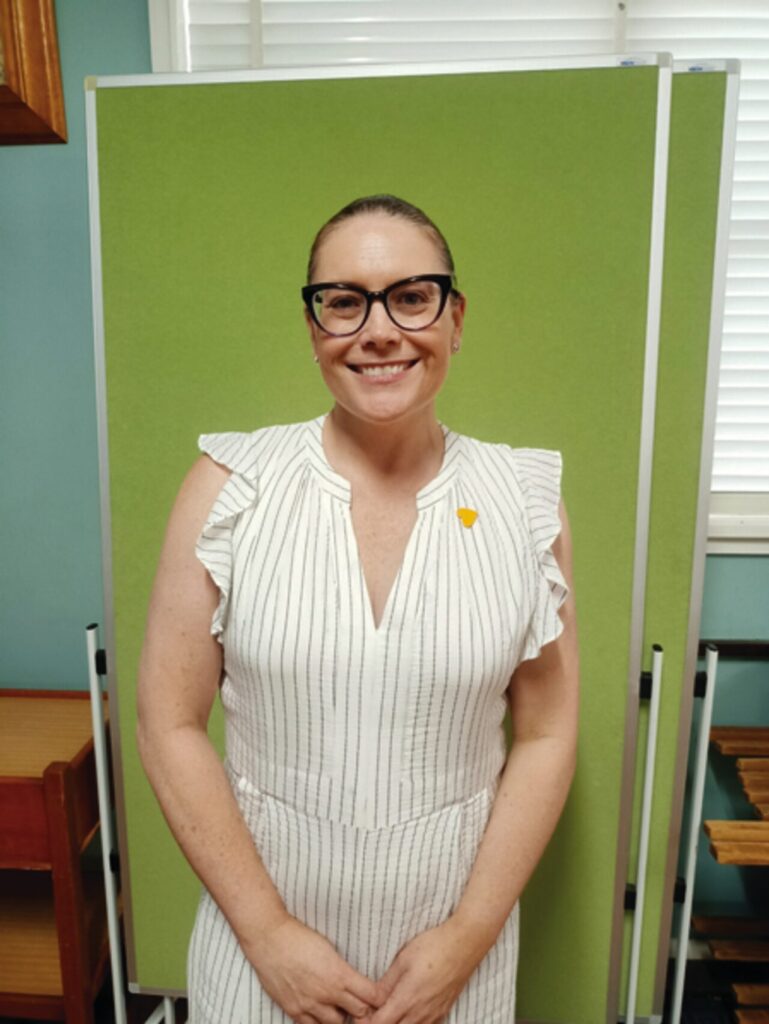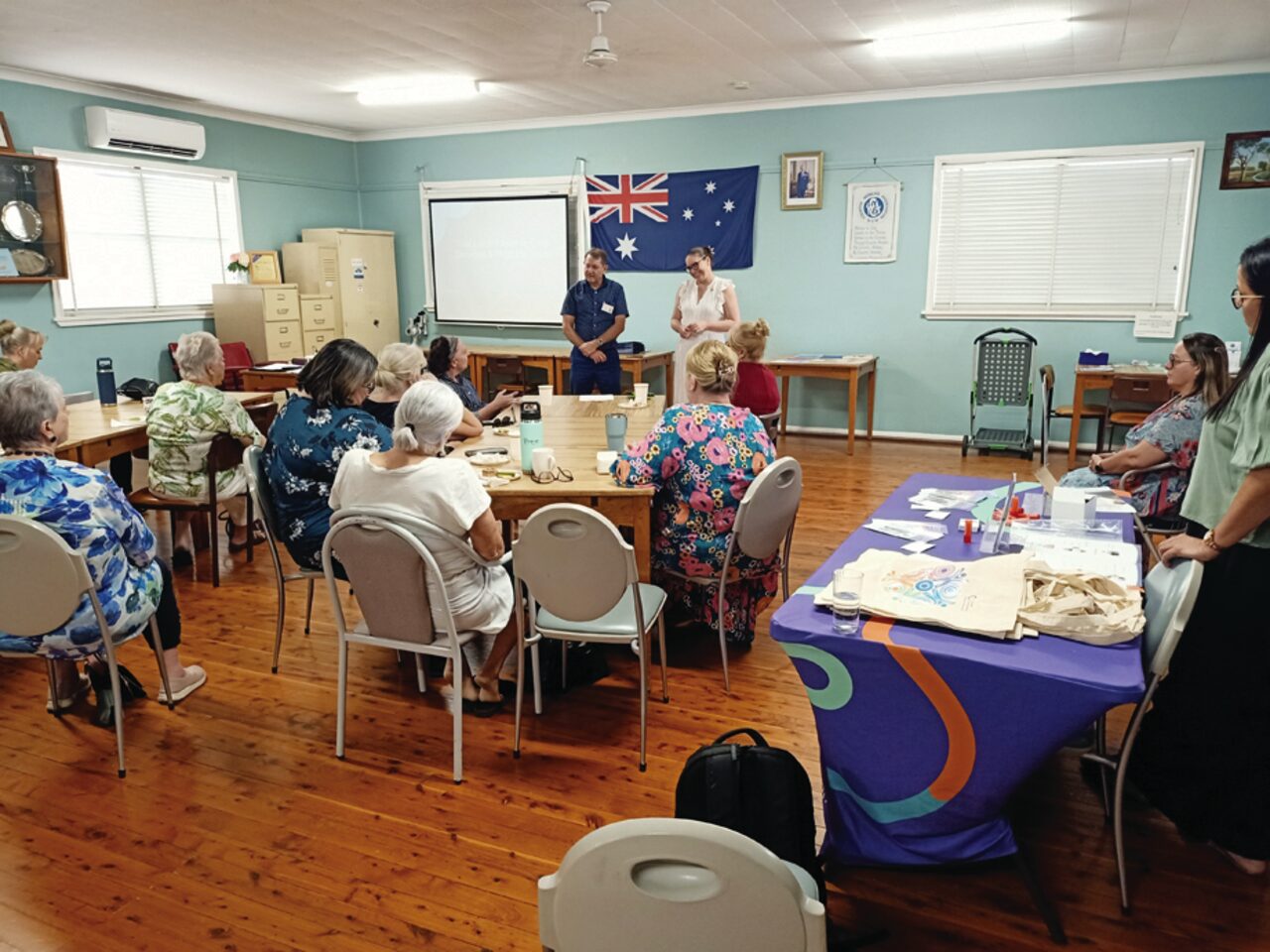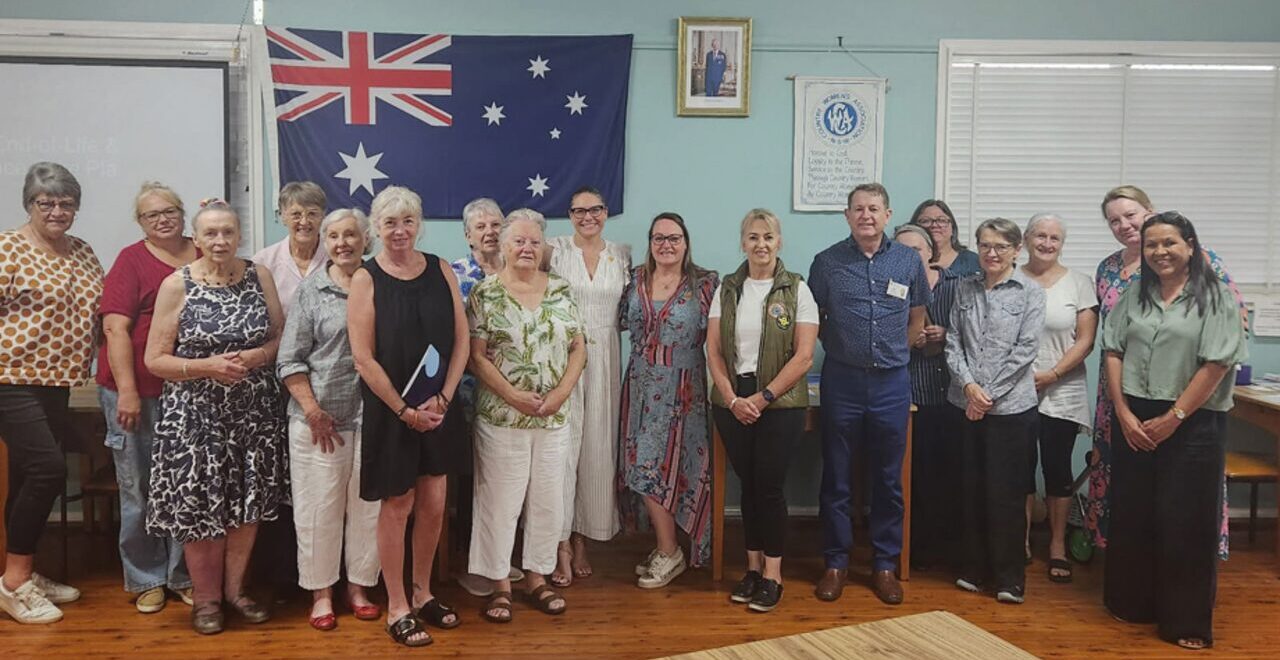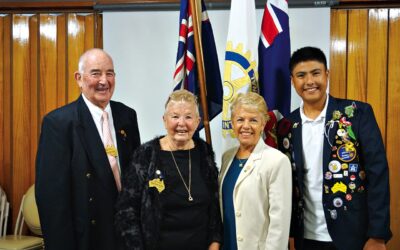Gunnedah could soon host a new volunteer support group for palliative care.
It follows a series of workshops in the community which sought to break down the barriers and encourage conversation about the specialised medical care.
Palliative Care NSW CEO Kirsty Blades delivered the presentations which were well-attended by the Gunnedah community.
The chief executive said a common misconception was that palliative care was only about death.
“Palliative care has a real focus on the living,” Ms Blades said.
“Many people think it is only for the last few days of your life, when in fact what palliative care is about is managing symptoms for anyone with progressive life limiting illness.”
While the length of care and treatment options could vary significantly, she said the aim of symptom management and pain relief remains the same.
“[Palliative care] does have a perception that it’s about the very final days which is ‘end of life care’ but we want to encourage the community and make people aware that palliative care is far more than that.

Palliative Care NSW CEO Kirsty Blades in Gunnedah.
“We want to encourage early conversations, early referrals because everyone should have the ability to have their symptoms managed which is what a palliative care team can do.”
Key to developing the conversation is the establishment of a palliative care volunteer support service in Gunnedah.
The idea was started by local resident Amanda Cooper who works in the NDIS sector and is completing training in palliative care.
She said the service could be as simple as an informal group catching up over coffee, discussing what palliative care means to them in their own community.
Ms Blades said the presence of a dedicated Gunnedah service could help break down barriers to discussion about palliative care.
“It’s allowing conversations to happen here in the community,” she said.
“Often these conversations don’t happen, people don’t talk about it, sometimes because their family doesn’t want to talk about it. But it’s essential.
“So having that forum for people to have discussions and to be aware that support is available would help allow those conversations to happen.”
While the subject could be difficult for some, Ms Blades said talking about the subject could provide enormous benefit for family and friends.
“When you do have those conversations (and planning is in place), it’s one of the greatest gifts you can give your family,” she said.
The chief executive reiterated that palliative care is about planning for the worst, so the individual can live in the present.
She described palliative care as “living well, dying well” and allowing friends and family to “grieve well”.
Advanced Care Directive
One of the most important steps in palliative care is the completion of an advanced care directive.
This document sets out in writing healthcare and treatment requests of the individual in case they are seriously ill or injured and not able to make decisions.
An advanced care directive is separate from a Will which only starts to operate after death. Any information about an individual’s health contained in a Will, will not be available to nominated persons while they are alive.
Palliative Care NSW CEO Kirsty Blades, who was in Gunnedah during National Advanced Care Planning Week (March 17-23), said it was the perfect time for everyone to consider their future treatment options.
She emphasised the advanced care directive was not just for the elderly but all adults in the community.
“Everyone over the age of 18 should be thinking about their planning because we never know what may happen,” Ms Blades said.
Healthcare professionals will use the directive to make decisions about the individual when they are unable to make or communicate decisions about their care.
It could include what kind of care the individual would like to receive or refuse; who they would like to make decisions on their behalf and where they would like to be cared for if they were dying.
Health professionals and family members have no authority to override a valid advanced care directive.
In a crisis, family members may find it difficult to decide what treatment is best for the individual but this document will help family and doctors to know what the intentions are.
Ms Blades said the advanced care directive is an empowering step for everyone involved as it allows people to immerse themselves in the present without worrying about planning for the worst.
“You already have those plans in place so you can focus on living,” she said.
Once an advanced care directive is completed, Ms Blades said it should not be hidden away but rather distributed to family, friends, doctors and other health care professionals.
To complete an advanced care directive, visit NSW Health’s website.
Ms Blades discussing palliative care with the Gunnedah community during an information session held recently.
To order photos from this page click here



